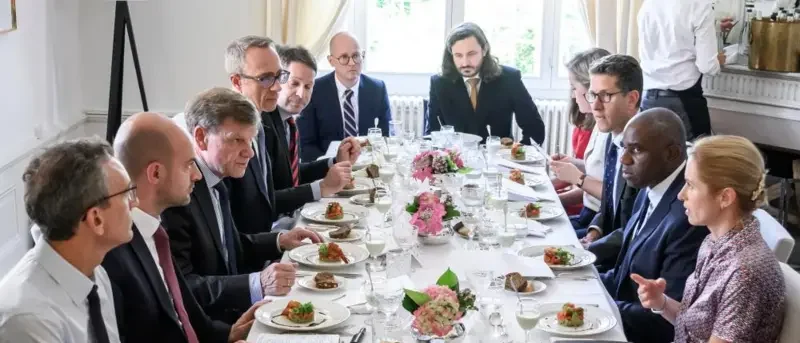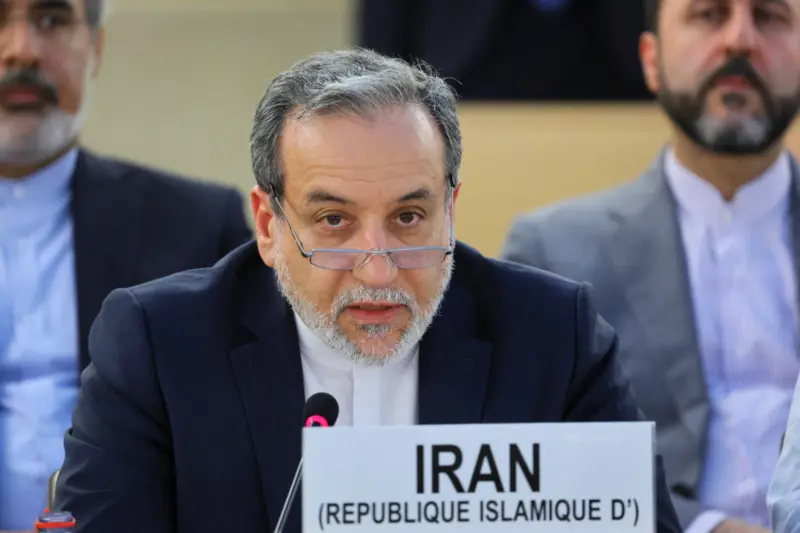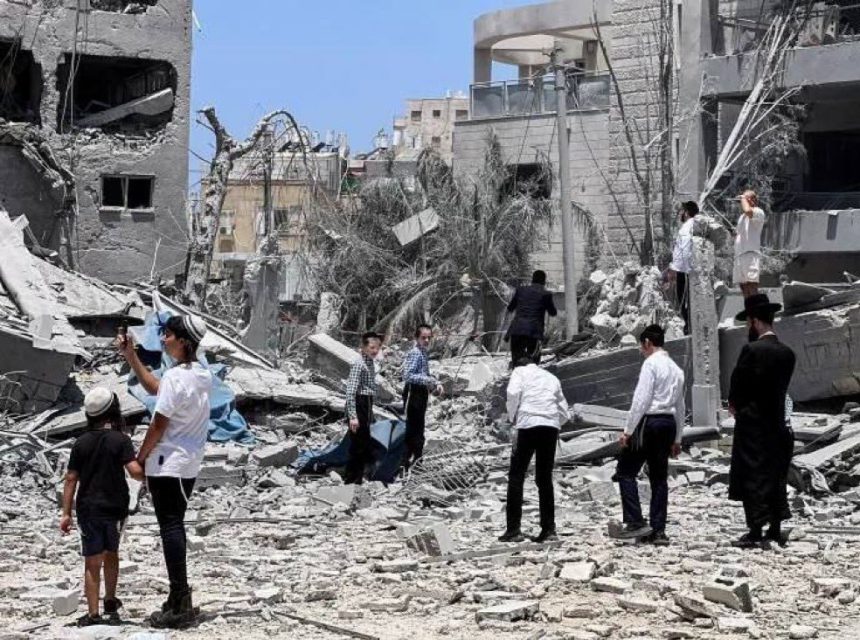Amid escalating hostilities between Israel and Iran, British Foreign Secretary David Lammy has said a two-week pause by the United States in deciding on military action against Tehran has created a vital opportunity for diplomacy.
Earlier, Lammy alluded to the urgency of the talks. “A window now exists within the next two weeks to achieve a diplomatic solution,” he said in a statement on Thursday, ahead of a crucial trilateral meeting in Geneva with his French and German counterparts and Iran’s Foreign Minister, report agencies.
US President Donald Trump has given a two-week deadline to decide whether the US will join the Israeli attacks on Iran. European leaders hope an escalation can be avoided by finding a diplomatic solution before then.
Fighting has intensified between Israel and Iran in recent days. Israel claims it has struck over 60 targets in Tehran, including several missile production facilities. In retaliation, Iran launched a missile into the Israeli city of Beersheba, hitting a technology park.
Iran has yet to release an official casualty figure, and foreign journalists remain restricted from accessing the impacted areas, making it difficult to assess the full extent of Israel’s airstrikes.

BBC’s political analysts are viewing Friday’s Geneva talks as a potentially pivotal moment its Chief International Correspondent Lyse Doucet noted that the European initiative appears to be aimed at re-engaging Iran in talks, potentially tied to a renewed US nuclear deal framework.
At the time of filing this report, diplomatic talks between European foreign ministers and their Iranian counterpart Abbas Araghchi have begun. Earlier, Reuters was reporting Araghchi had arrived at the venue in Geneva, after giving a speech at the UN Human Rights Council.
Top diplomats from the UK, Germany, France and the EU are in Switzerland to meet Araqchi in the hopes of finding a diplomatic solution to ease the Iran-Israel conflict.
Araqchi warned earlier that Israel’s attack on his country is a ‘”historic moment for human civilisation” in which countries must stand up for international law.
Speaking to the UN Human Rights Council, Abbas Araghchi says Israel attacked his country in the “midst of an ongoing diplomatic process” with the US about Iran’s nuclear capability – a process he says has been “promising”.

He describes Israel’s surprise attack as “an outrageous act of aggression”, a “stark violation of the UN charter,” which defied ‘the standards this council stands for.’
Amidst the tense situation at the Geneva Talks, Israel’s Permanent Representative to the UN Daniel Meron called for the European delegation to push for the “dismantling of [Iran’s] ballistic missile arsenal”, and put an end to what he calls Iran’s “regional terrorist activities and active support for terrorist proxies”.
The tensions reflect a deeper shadow war as Israel has long been accused of targeting Iranian nuclear scientists, while Iran has reportedly orchestrated attacks within Israeli territory. Last year, Iran was said to have plotted an assassination of a scientist at Israel’s Weizmann Institute via a spy ring, though the attempt was reportedly foiled.
Meanwhile, Lammy underscored that diplomacy remains the only viable path forward.


